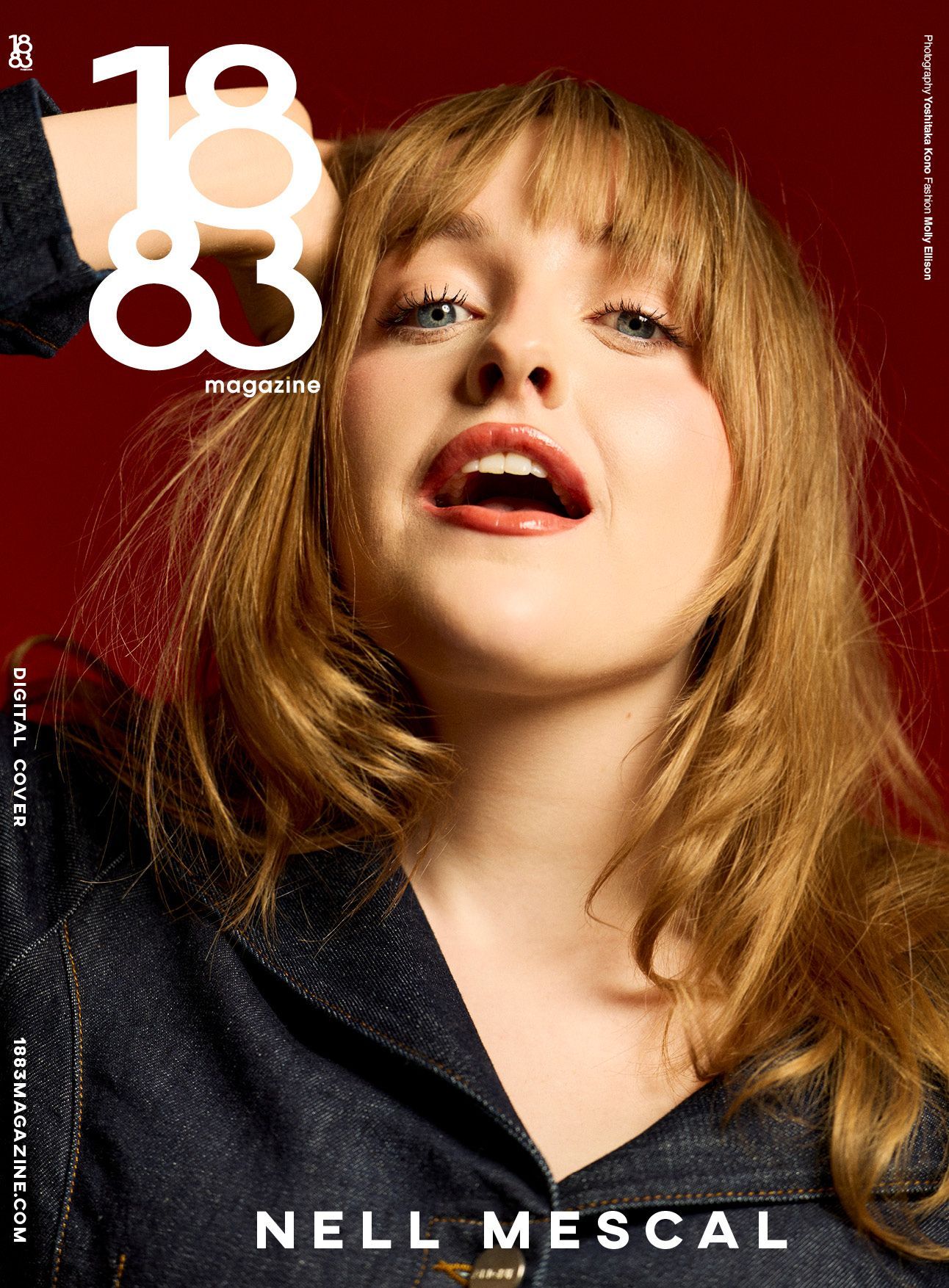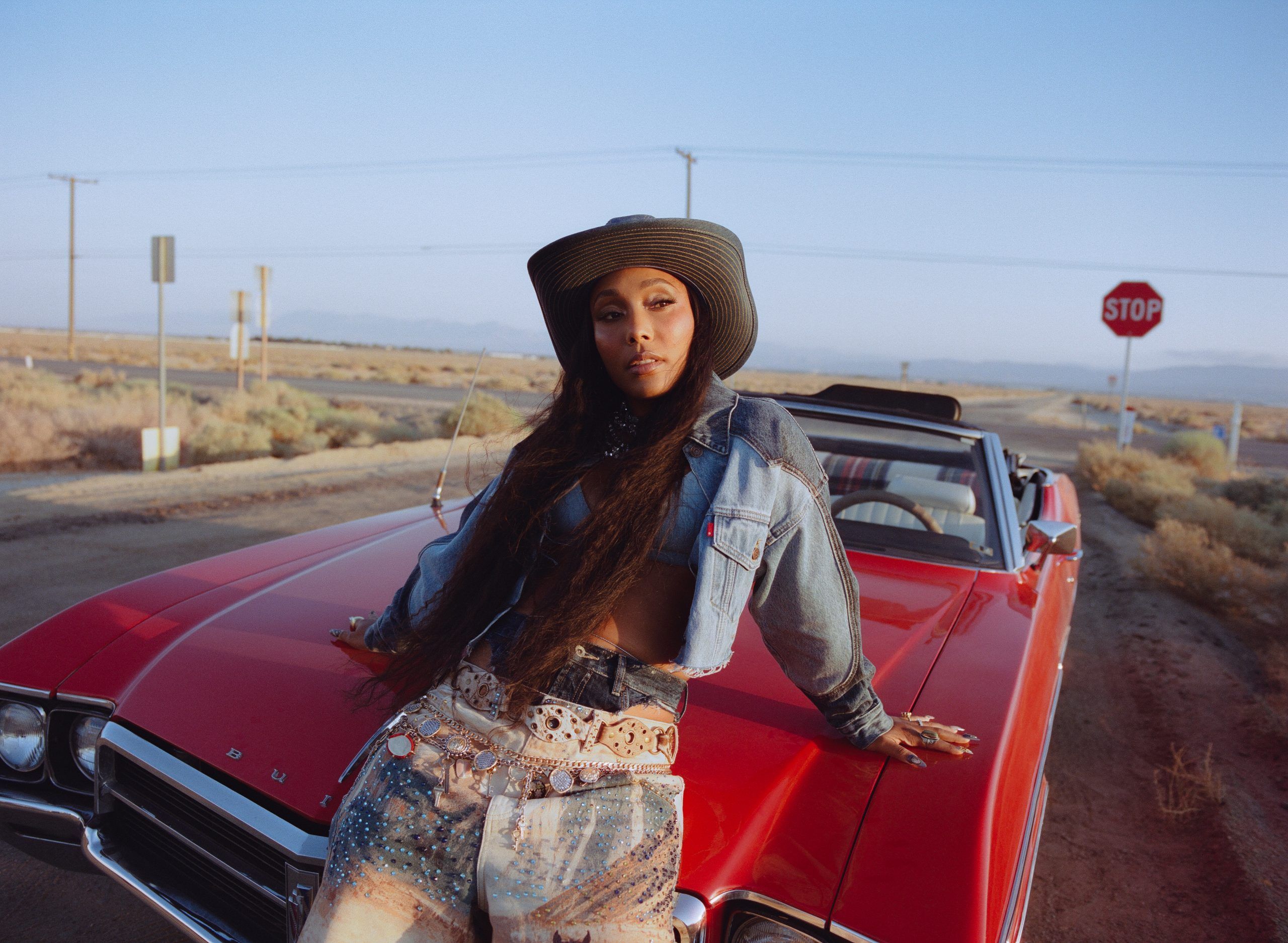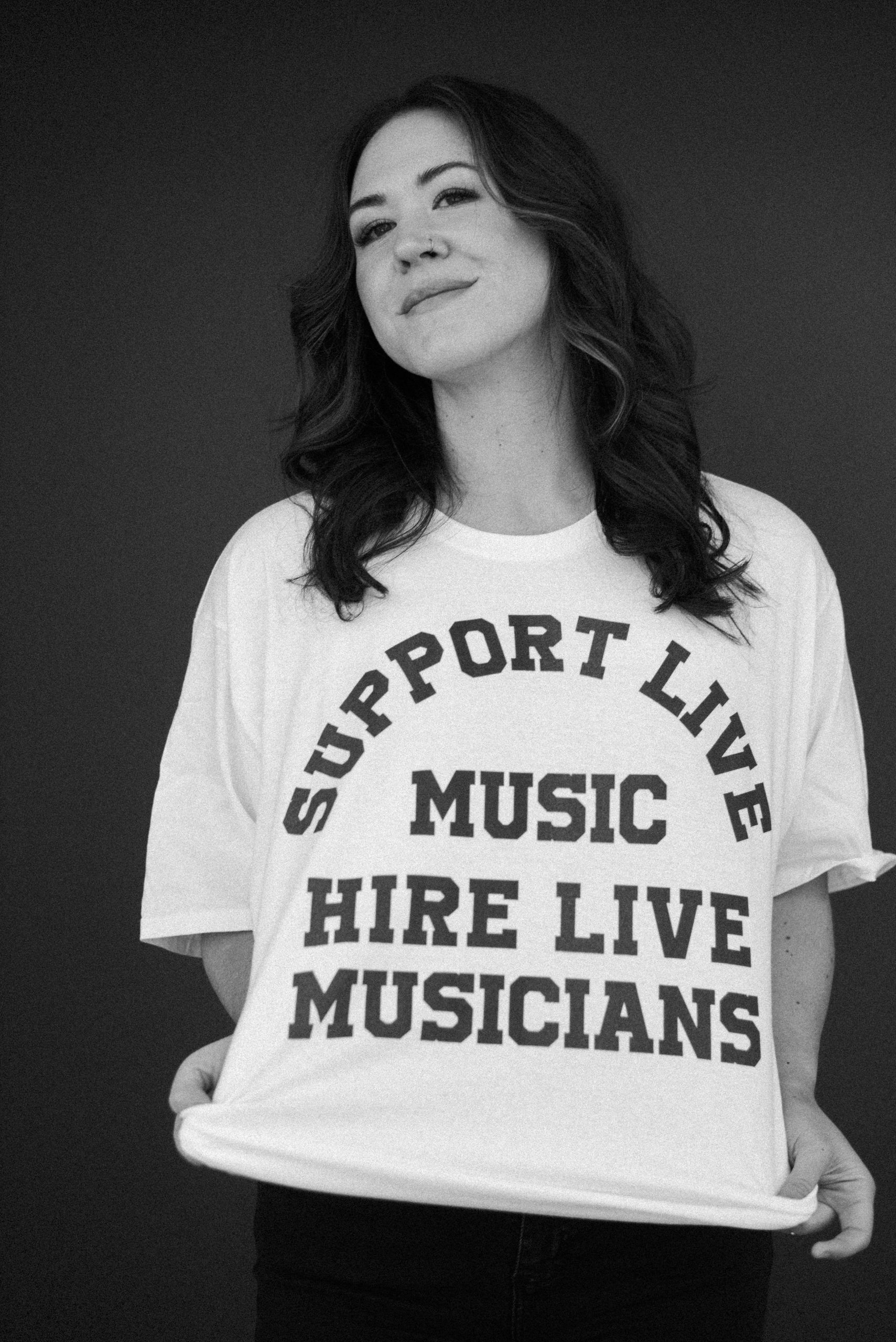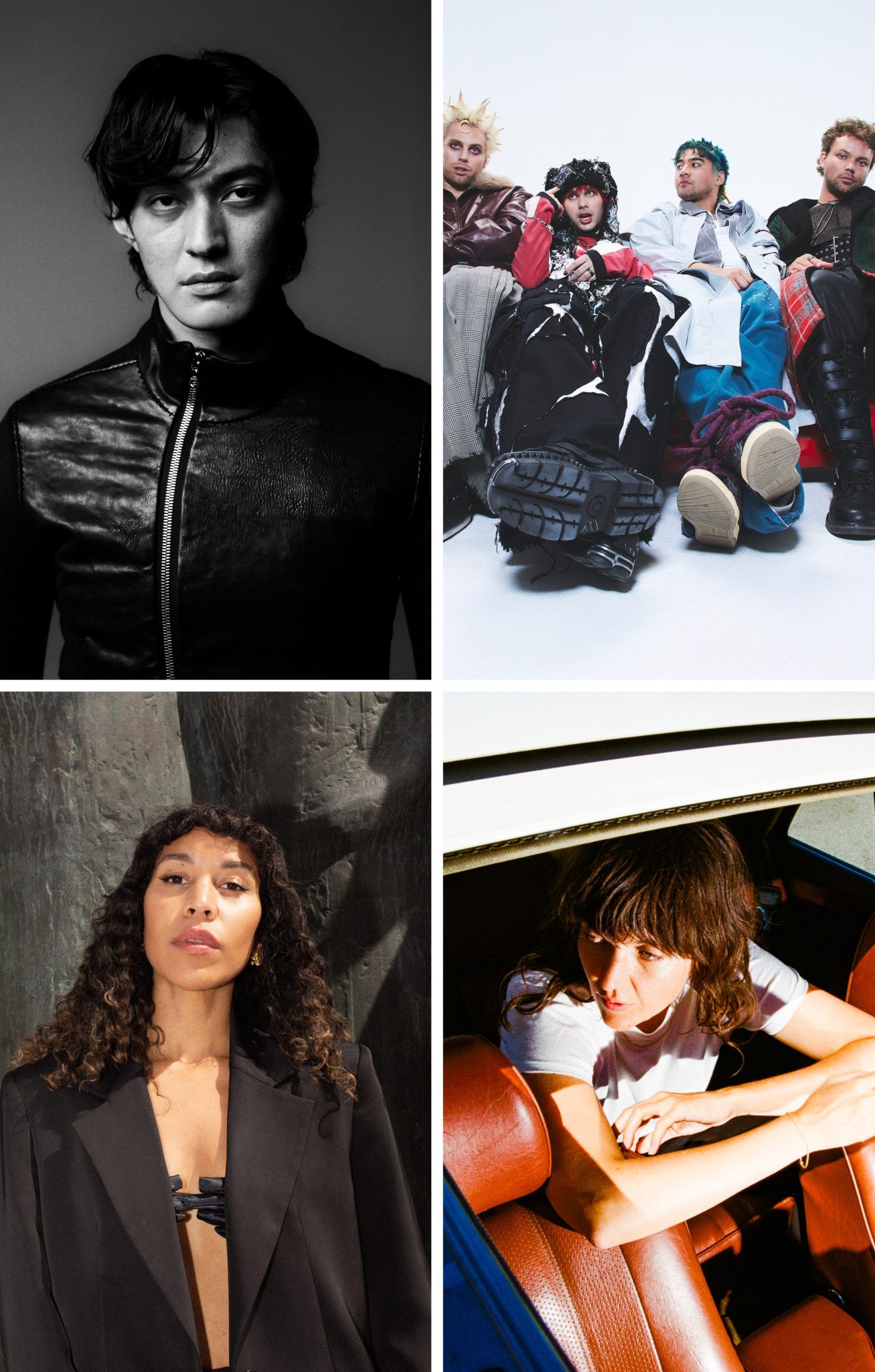
In the high-stakes world of film editing, the editor is the ultimate storyteller, a crucial collaborator who determines a project’s rhythm, tone, and emotional core. Few editors exemplify this versatility as adeptly as Yuchen Fang, whose recent work on the short films “American Double Joy” (a comedy) and “Aka Deadlee” (a documentary) showcases his profound understanding of diverse genres. Fang’s approach—guided by an objective perspective and a focus on emotional delivery—cemented his position as a dynamic force in the entertainment industry.
For a comedy to land, its timing must be impeccable. Fang’s initial impression of the “American Double Joy” footage—which he immediately recognized as “hilarious” and “fast-paced”—set the stage for his editing strategy. To enhance the film’s comedic engine, Fang relied heavily on fast cuts and intricate cuts.
“I like to use fast cutting in comedy shows so the funny beats come one after the other,” Fang explains. “You don’t want to wait to deliver the funny moments.”

This focus on accelerating the humor presented a challenge: the initial footage felt funny, but not fast enough. The performances, while great, resisted a simple tightening of the pace. The breakthrough came from an unexpected source: Guy Ritchie’s Snatch.
“We just suddenly got the idea from the film,” Fang recalls. “Why don’t we do a split-screen scene! That way, we can have two reactions together and make the funny beats deliver faster. And it works great!”

This creative solution highlights Fang’s willingness to innovate when the footage demands it. His collaboration with director Xin Jiang was a masterclass in remote partnership, characterized by clear communication and mutual trust. Jiang, who was in San Francisco during much of the process, provided precise notes, and they had online meetings for critical scenes. This partnership culminated in a picture lock celebrated in person, a testament to a successful creative journey. The film’s eventual selection for the Wicked Queer Boston’s LGBTQ+ Film Festival 2025 validated Fang’s work, proving the humor resonated with audiences.
Transitioning from the scripted, fast-cut world of comedy to the unscripted, reflective realm of documentary requires a complete shift in perspective. For “Aka Deadlee,” a documentary about one of Hollywood’s first gay rappers, Deadlee, Fang found himself acting less as an editor and more as a co-director of the narrative.
“For the first time in my career as an editor, I am editing a film without a script,” Fang states. “I need to review all of the interview footage we got and make a story.”
The process began with an intensive, week-long immersion in piles of transcripts alongside director Quentin Lee. This deep dive was essential for structuring the narrative: a touching, heartwarming life story covering the protagonist’s career, decision to come out, family, and struggles.
The emotional stakes were high. Fang admits that the true-life nature of the subject made it “hard to edit the film totally objectively.”
“I was crying sometimes just reading and editing Deadlee’s story,” he shares. “It’s real and you can feel it’s so close to you.”
Director Quentin Lee provided Fang with the rare gift of complete trust, allowing him the freedom to “make any possible version” he designed. This collaborative respect was a key factor in the film’s success. The ultimate recognition, the Best Documentary Short Film award at the Yale In Hollywood Fest in 2023—was meaningful not just as an accolade, but as a validation that Deadlee’s inspiring story was well-told and resonating with the world.
The technical and stylistic differences between the two films are stark. In American Double Joy, the editing is deliberately noticeable, using cut points to create and enhance the “funny feelings.” In Aka Deadlee, the editing is significantly slower and subtler. “You almost don’t want the audience to feel the editing point; you want them to just focus on Deadlee’s voice,” Fang notes.
Despite the different approaches, Fang discovered a unifying principle: finding the right emotion for the film.
“Once you know what emotions you wanna deliver through the film, then you have a guide to know what kind of editing style you want to do,” he concludes. This understanding guides everything from pacing to shot selection.

Fang believes the most crucial element an editor brings to any project is objectivity. Unlike the production crew, who may be emotionally attached to the labor involved in capturing every shot, an editor views the footage purely on its merit for the story.
“We just focused on what we have on the screen and think if it works for the story,” says Fang. This fresh, objective perspective is the essential skill that allows him to transform raw footage into cohesive, emotionally impactful, and recognized cinema.
By Sherry Lee




